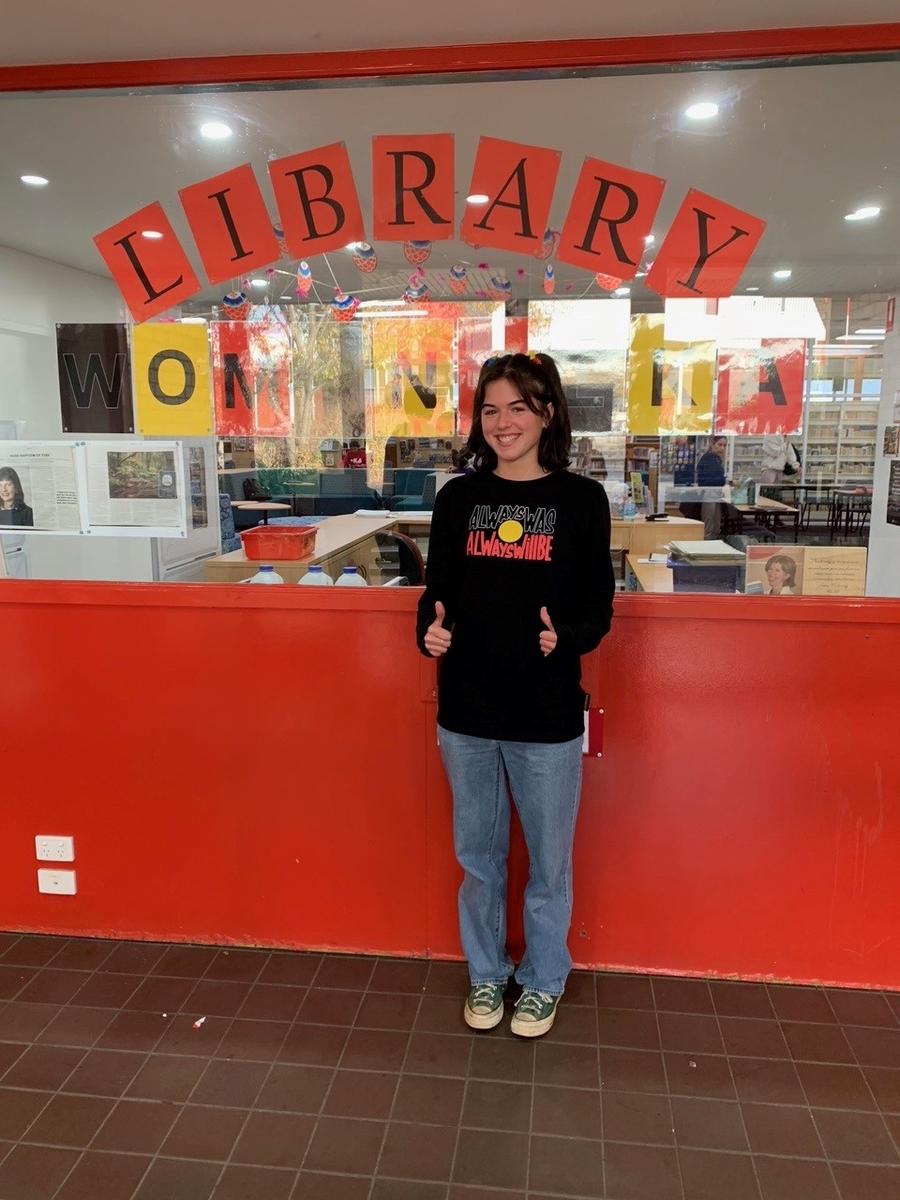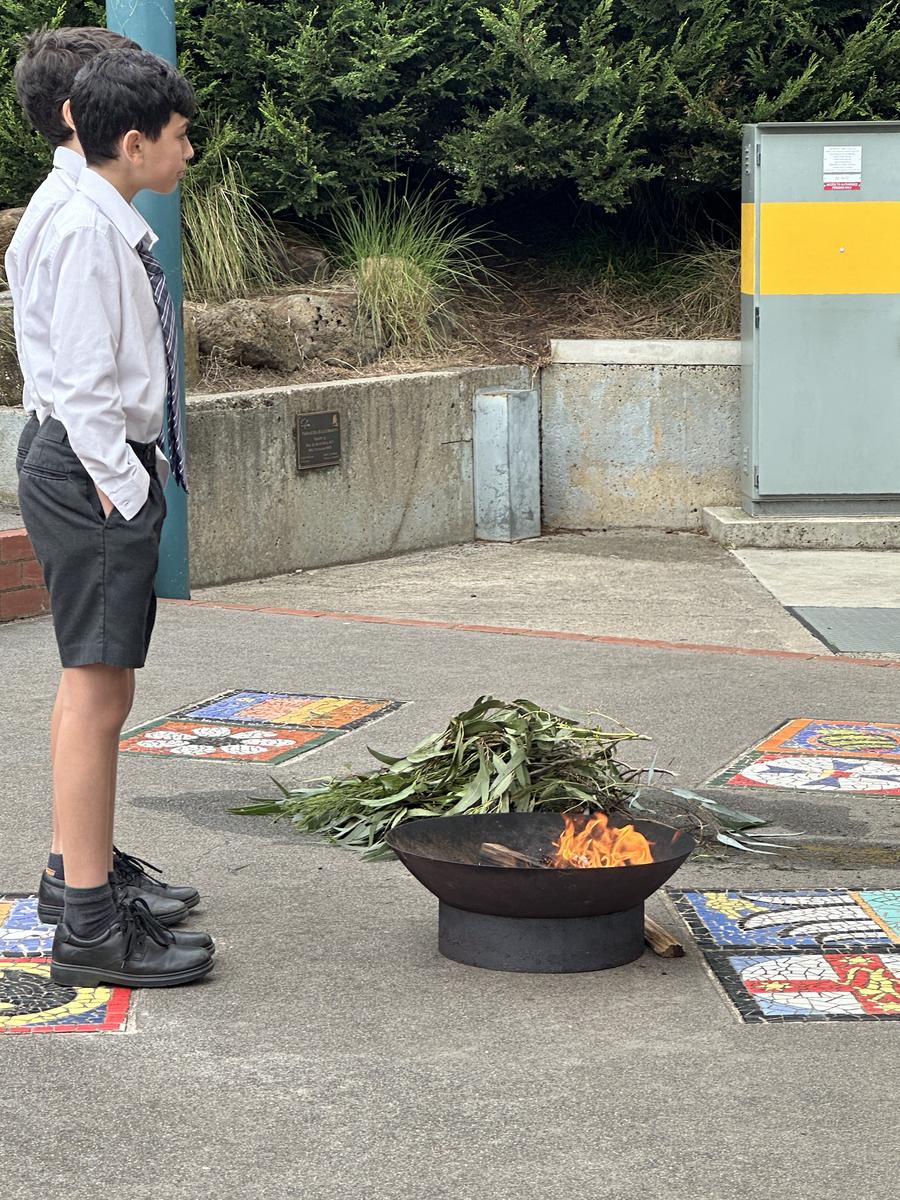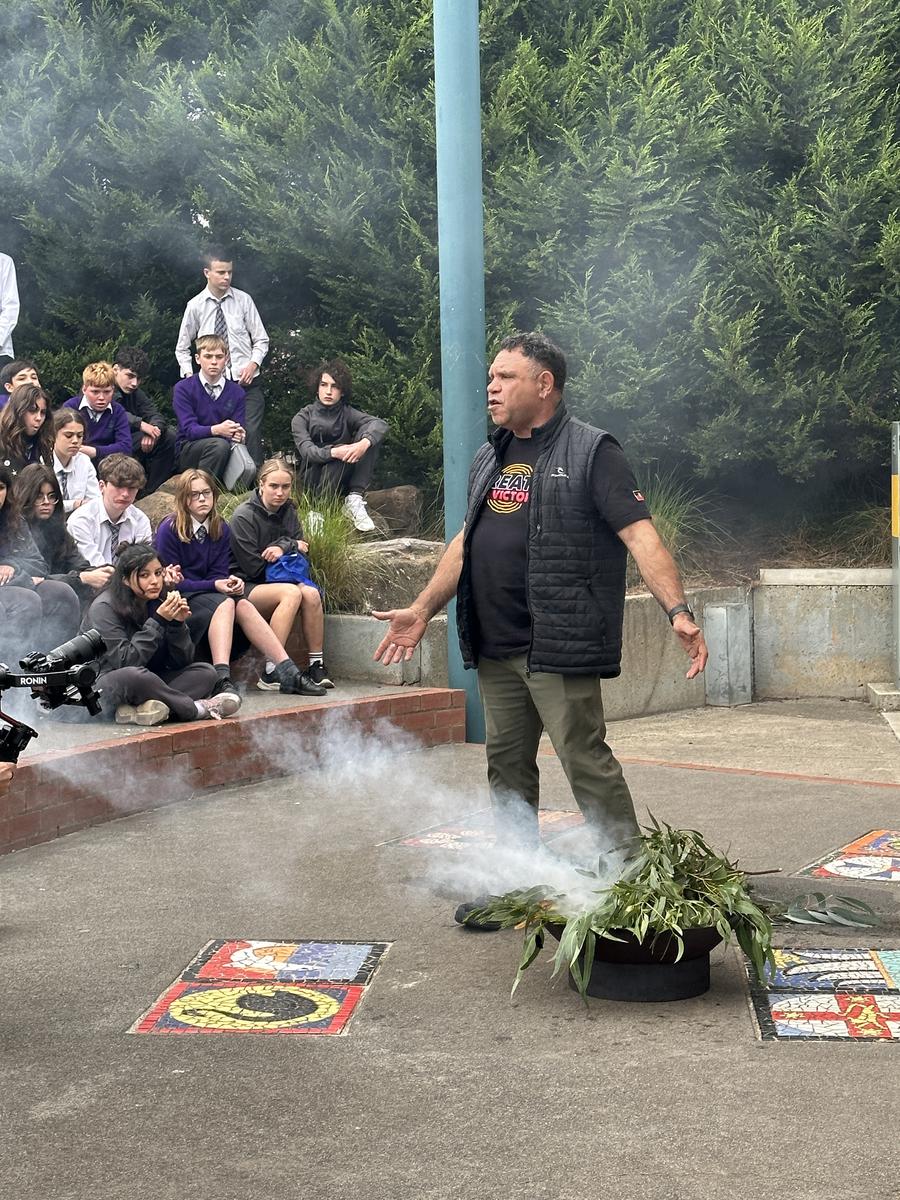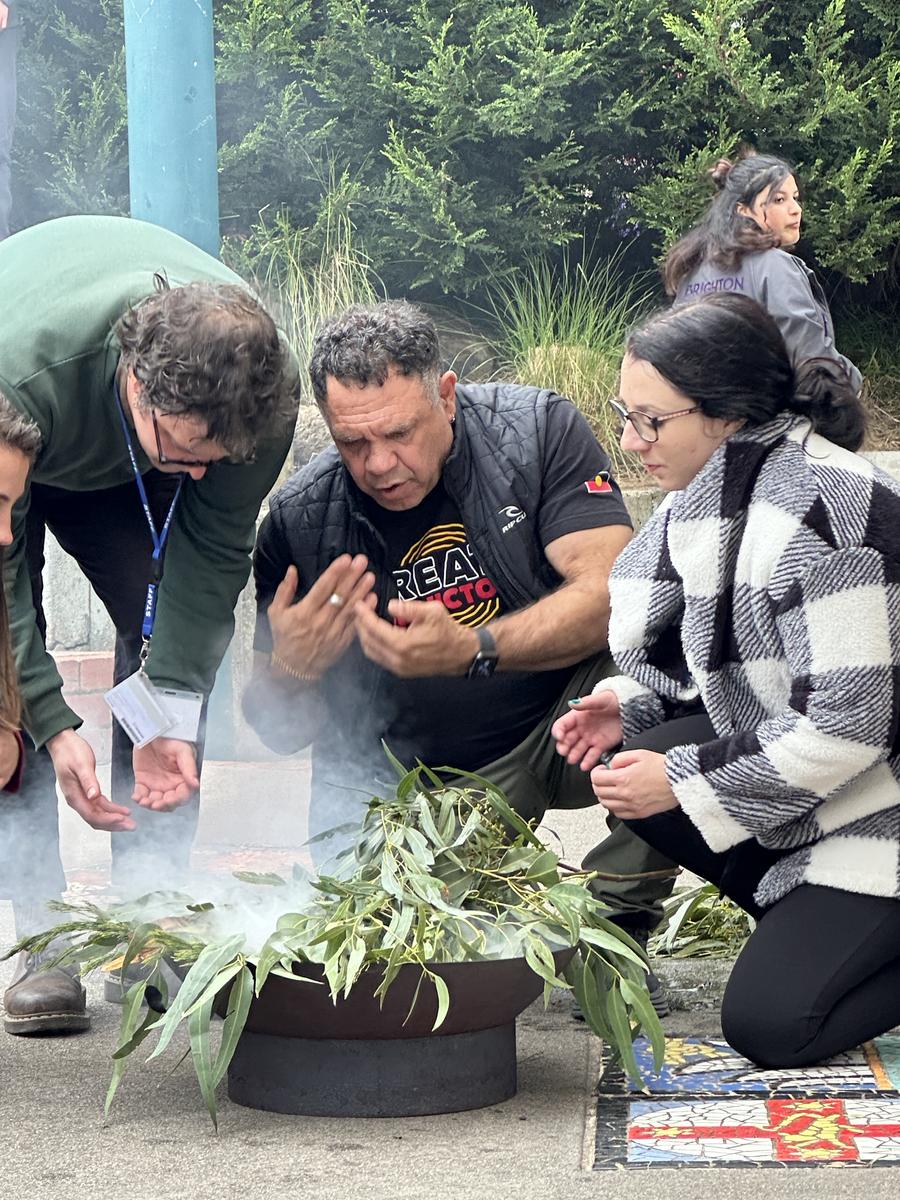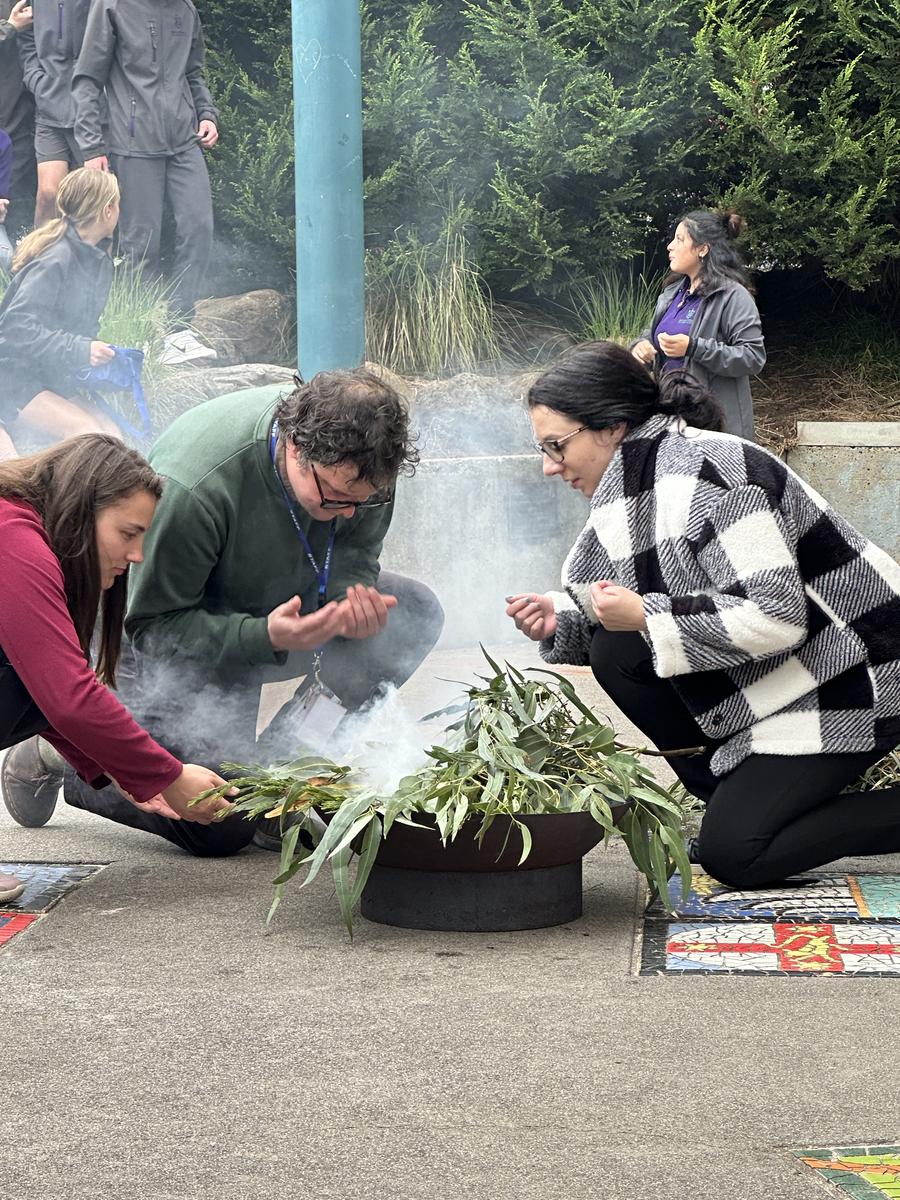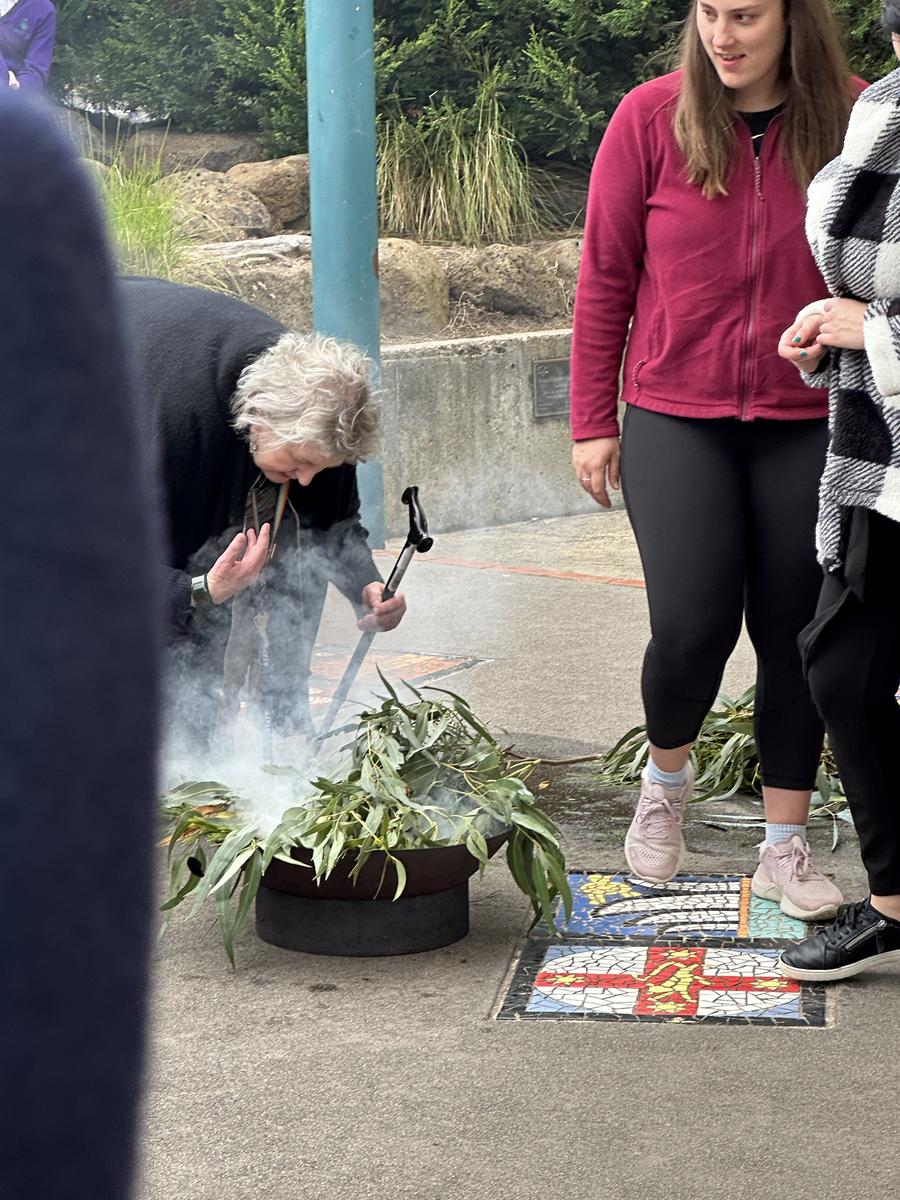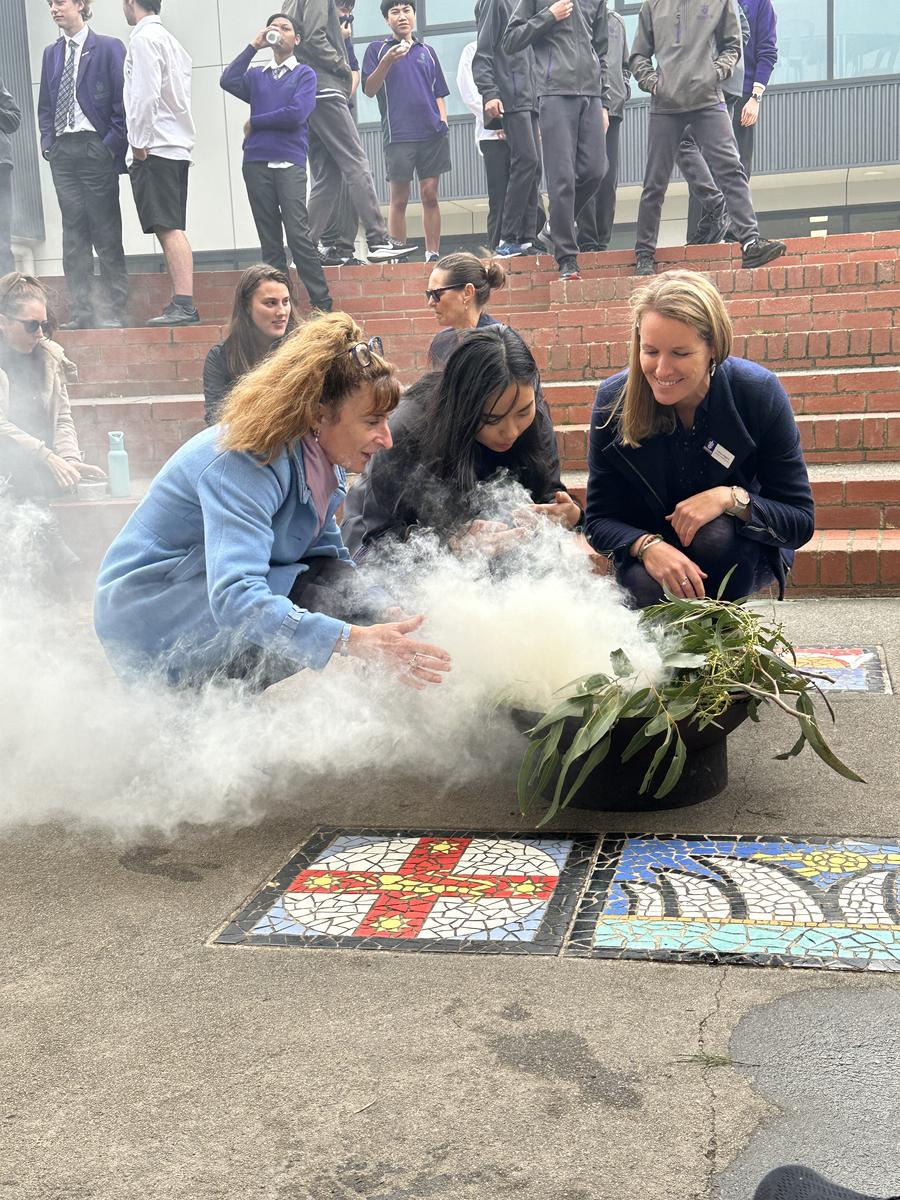RECONCILIATION WEEK

National Reconciliation Week (NRW) is a time for all Australians to learn about our shared histories, cultures, and achievements, and to explore how each of us can contribute to achieving reconciliation in Australia.
The dates for National Reconciliation Week are the same each year; 27 May to 3 June.
These dates commemorate two significant milestones in the reconciliation journey— the successful 1967 referendum, and the High Court Mabo decision respectively.
27 May 1967 On this day, Australia’s most successful referendum saw more than 90 per cent of Australians vote to give the Australian Government power to make laws for Aboriginal and Torres Strait Islander people and recognise them in the Census.
3 June 1992 On this day, the Australian High Court delivered the Mabo decision, the culmination of Eddie Koiki Mabo’s challenge to the legal fiction of ‘terra nullius’ (land belonging to no one) and leading to the legal recognition of Aboriginal and Torres Strait Islander peoples as the Traditional Owners and Custodians of lands. This decision paved the way for Native Title.
Reconciliation must live in the hearts, minds and actions of all Australians as we move forward, creating a nation strengthened by respectful relationships between the wider Australian community, and Aboriginal and Torres Strait Islander peoples.
The above information was sourced from Reconciliation Australia.
On Wednesday 31st May we held a smoking ceremony in the amphitheater, an event we do annually to recognise and celebrate Aboriginal and Torres Strait Islander peoples culture.
A smoking ceremony is a traditional Aboriginal custom which involves burning native plants just enough to produce smoke. When breathed in the smoke will cleanse the area and ward off bad spirits from the people and the land.
We also held a house Mabo theme day (Thursday 1st June) to recognise and celebrate the great man that was, Eddie Mabo and everything he accomplished for the Aboriginal and Torres Strait Islander peoples.

